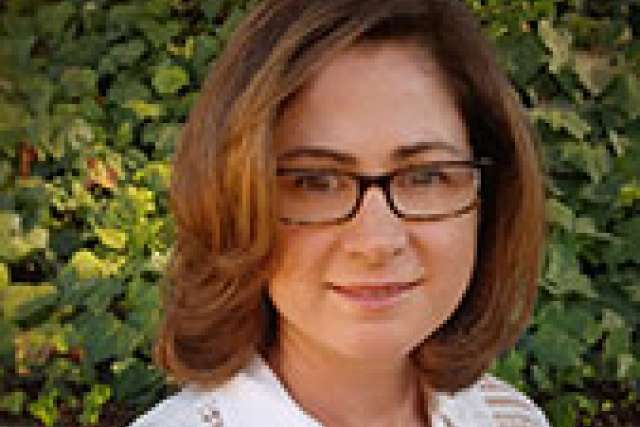A new study has found that women who had received chemotherapy and/or radiation to treat breast cancer were more likely to have high levels of DNA damage and reduced activity of an enzyme involved in chromosome healing, compared to women who underwent surgery alone. The results suggest that some breast cancer survivors may be more vulnerable to biological changes associated with accelerated aging because of their prior treatment.
BACKGROUND
Advances in cancer screening and treatment have resulted in a growing number of cancer survivors in the United States. In many ways, cancer survivors appear “older” than people of similar age without a history of cancer. These “late effects” of cancer treatment are suspected to be the result of accelerated aging at the biological level.
Radiation therapy and chemotherapy are highly effective treatments for cancer, but can also be toxic to healthy immune cells. Like other kinds of cells, immune cells accumulate damage to DNA as they age, which can impact their ability to divide in response to pathogens. When the cell stops dividing it enters a state referred to as cellular senescence. Senescent cells are a key player in the aging process. They often have shortened telomeres, a marker of the cells age, and low telomerase activity, an enzyme that protects chromosomal ends.
Little is known about whether prior exposure to these treatments is related to these “markers” of cellular aging that can appear years later in breast cancer survivors. The study examined whether past exposure to chemotherapy and/or radiation is related to these markers, including DNA damage, telomerase activity and telomere length in breast cancer survivors following treatment. In addition, the researchers analyzed DNA damage and lower telomerase activity in association with elevations in inflammatory activity, which is another known indicator of biological aging.
METHOD
The UCLA team assessed 94 women, at three to six years after completion of primary treatment for breast cancer. The researchers discovered that those who had been exposed to chemotherapy and/or radiation showed elevated levels of DNA damage in blood cells, and lower telomerase enzymatic activity, compared to women who had previously received surgery alone. They found no differences in telomere length between the two groups of women, however. The results also showed longer-term increases in DNA damage and reductions in telomerase activity that coincide with higher levels of inflammatory activation.
IMPACT
The potential for long-term impact of radiation and chemotherapy on the health and quality of life for cancer survivors is of increasing concern, especially as they are surviving much longer. In particular, these treatments may have a lasting effect on the rate of aging in various tissues in the body. These biological findings in breast cancer survivors who have received chemotherapy and/or radiation suggest that they may be at greater risk for accelerated aging than those who received surgery alone. Research focused on understanding the biology of treatment effects on aging pathways may lead to the development of future strategies to prevent these changes in cancer survivors.
AUTHORS
The senior author is Robert Schiestl at the UCLA Fielding School of Public Health. The co-first authors are Dr. Judith Carroll at the David Geffen School of Medicine at UCLA and Dr. Zorica Scuric at the Fielding School. Other authors are Drs. Julienne Bower, Sam Ramos-Perlberg, Laura Petersen, Stephanie Esquivel, Matt Hogan, Aaron Chapman, Michael Irwin, Elizabeth Breen and Patricia Ganz at UCLA. Carroll, Schiestl, Bower, Irwin and Ganz are members of the UCLA Jonsson Comprehensive Cancer Center.
JOURNAL
The research is published online in npj Breast Cancer, a part of the Nature Partner Journals series.
FUNDING
The research was supported by the Breast Cancer Research Foundation, American Cancer Society, National Cancer Institute and the Cousins Center for Psychoneuroimmunology.
DISCLOSURE
Dr. Patricia Ganz is a member of the Breast Cancer Research Foundation Scientific Advisory Board.





